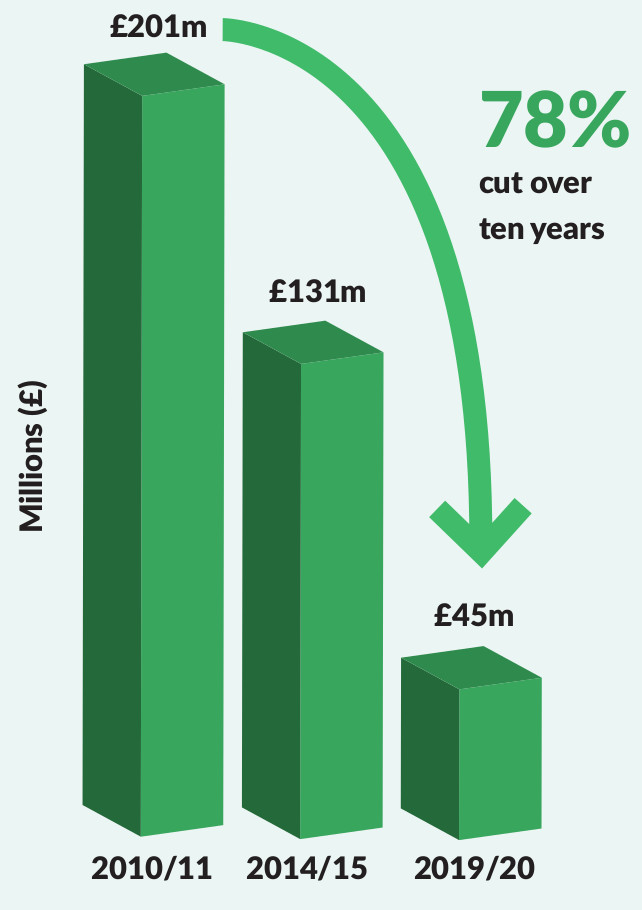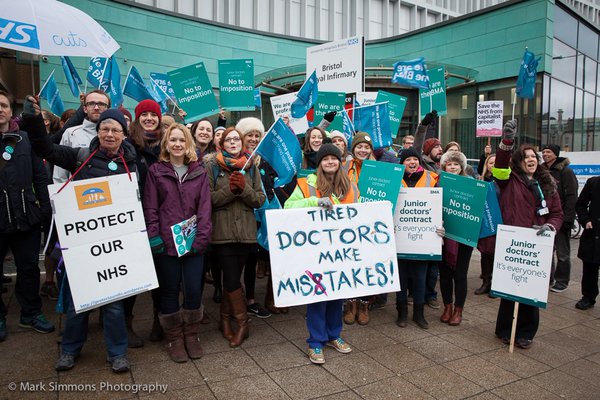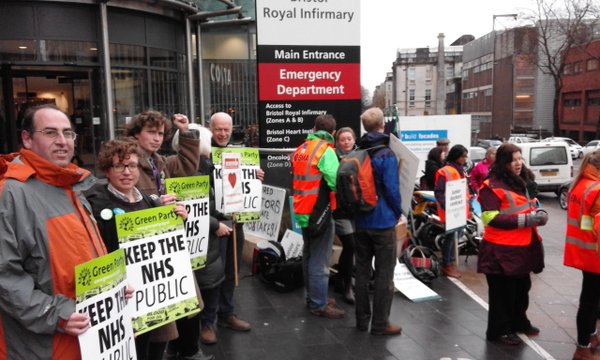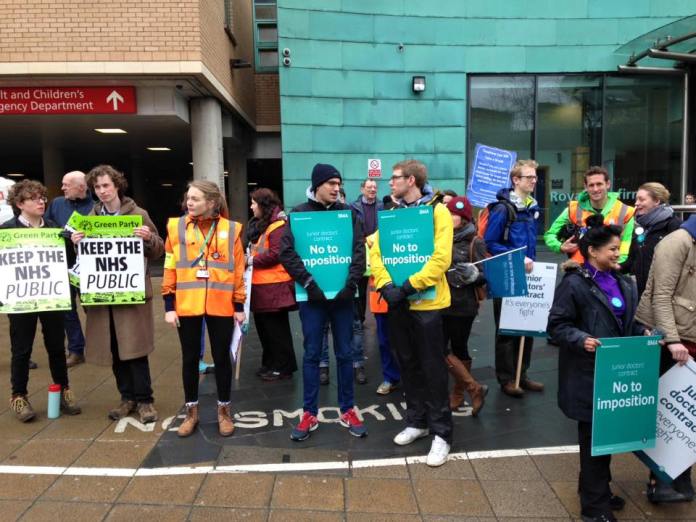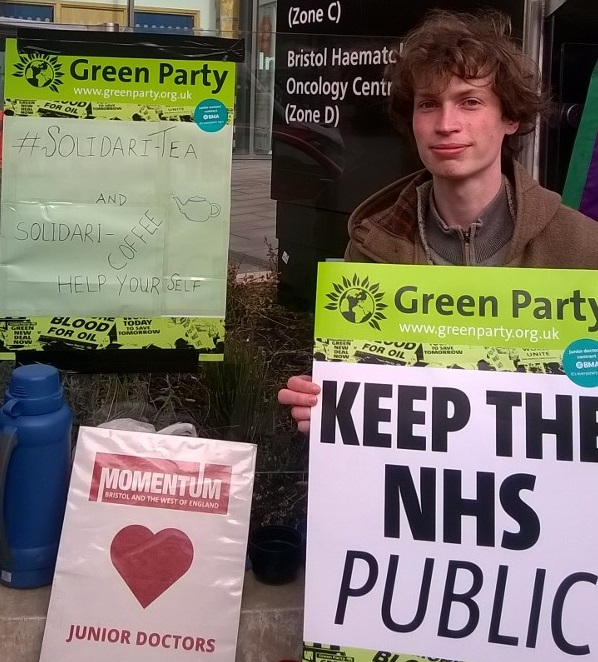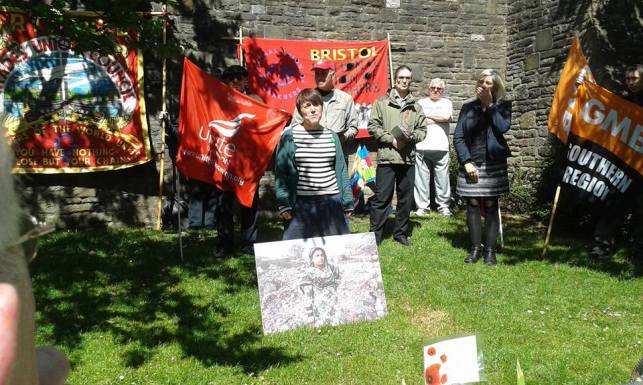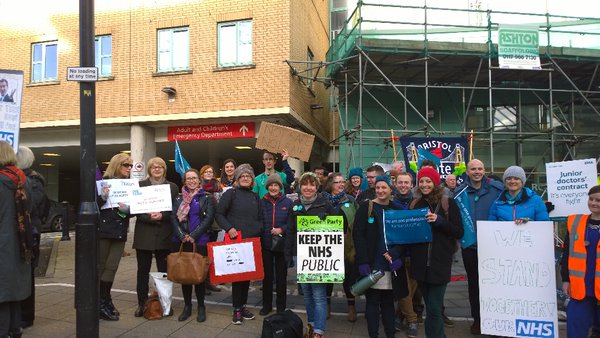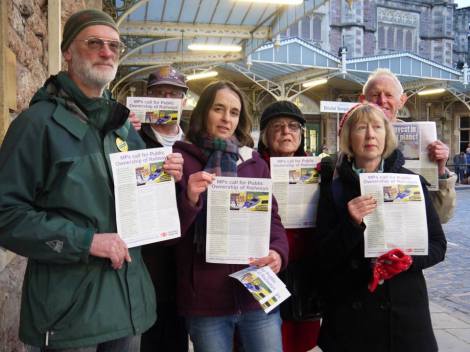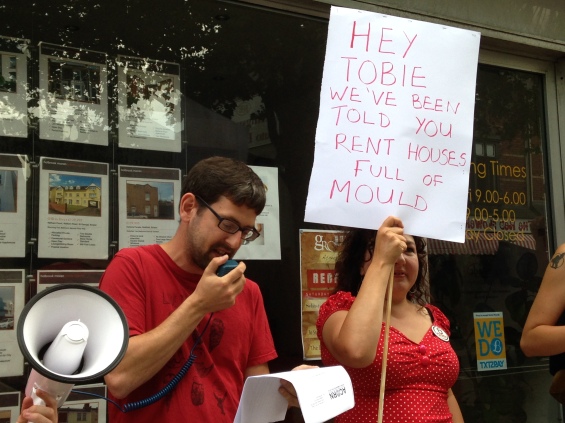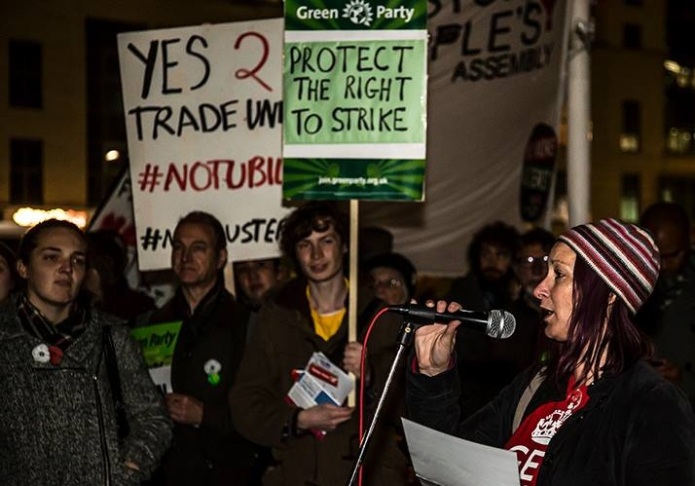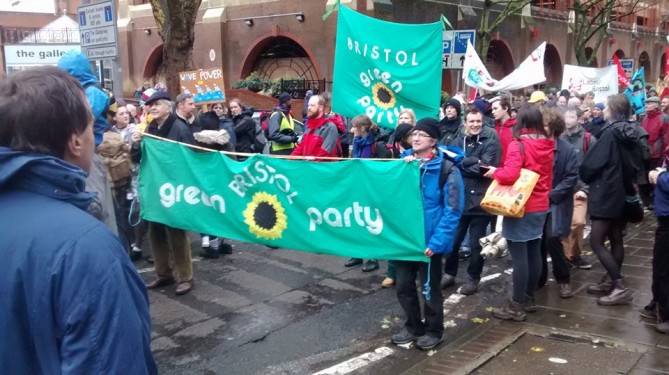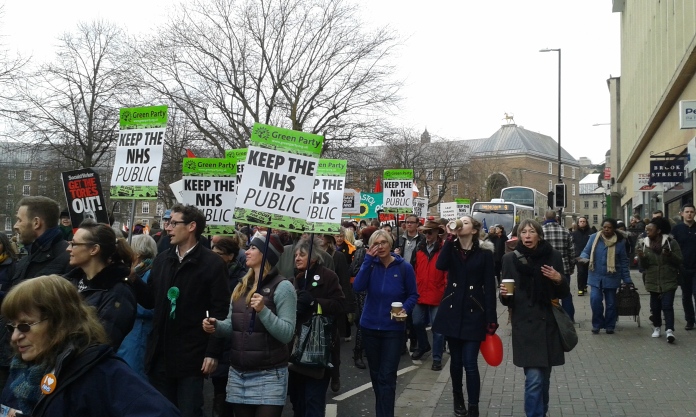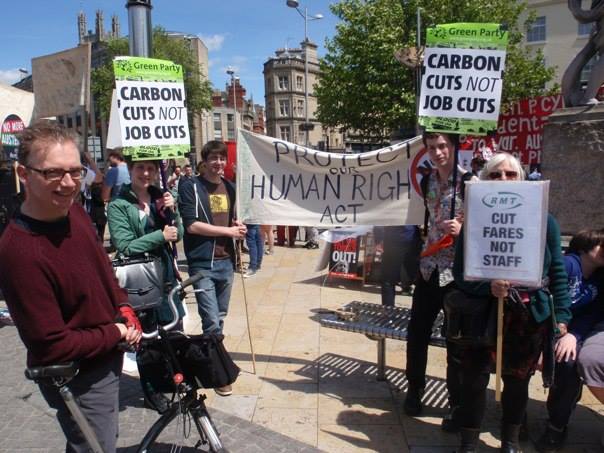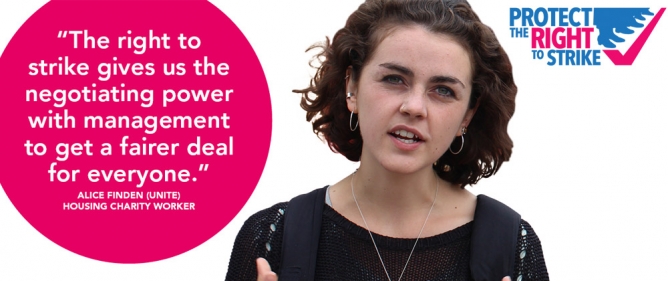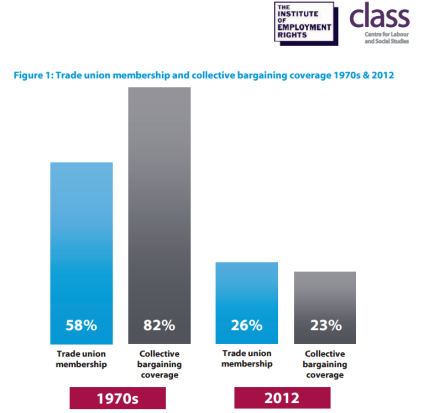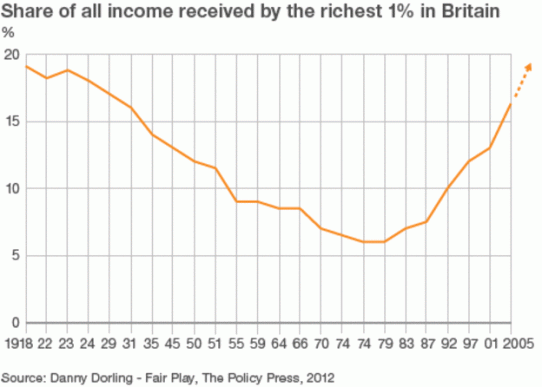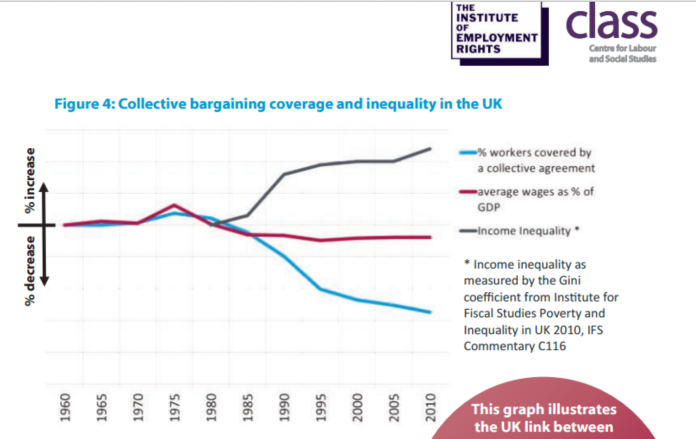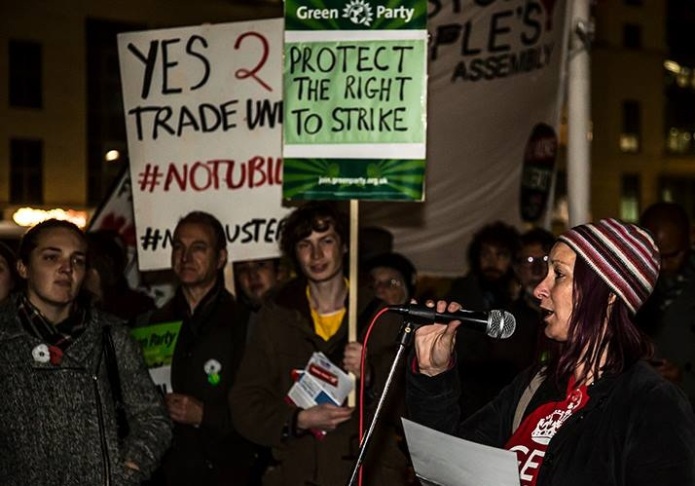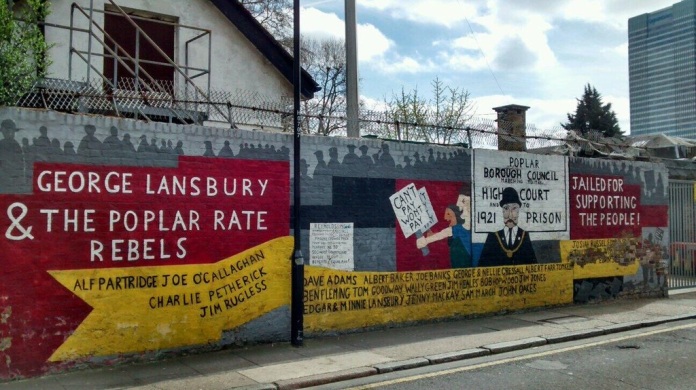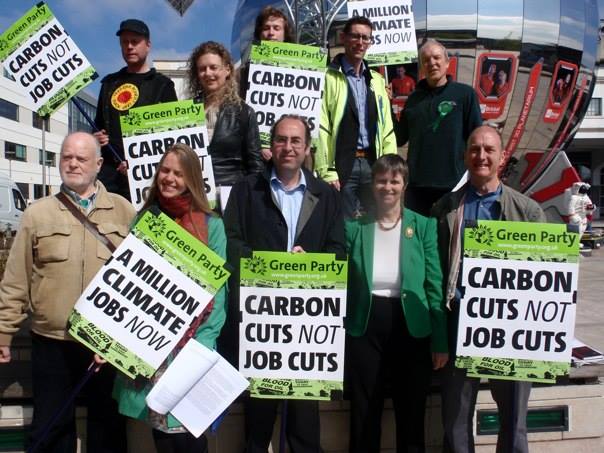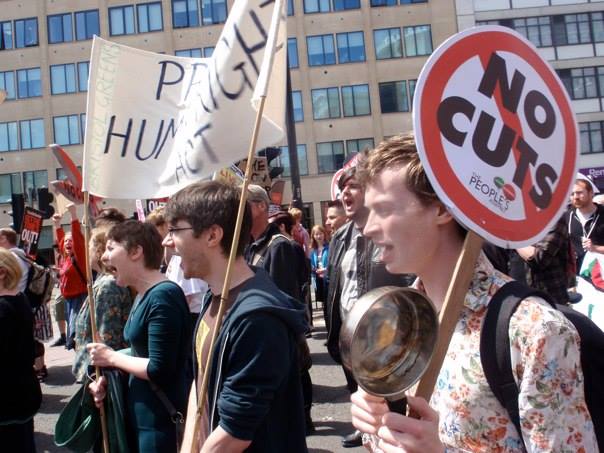Growing up in an impoverished area of rural Lincolnshire, dependent on my Mum’s disability benefit (and the full time carer’s allowance my step-Dad got for looking after her) as our only household income, made me acutely aware of the inequality and poverty that blights our society (and the harsh reality of what living on benefits actually means).
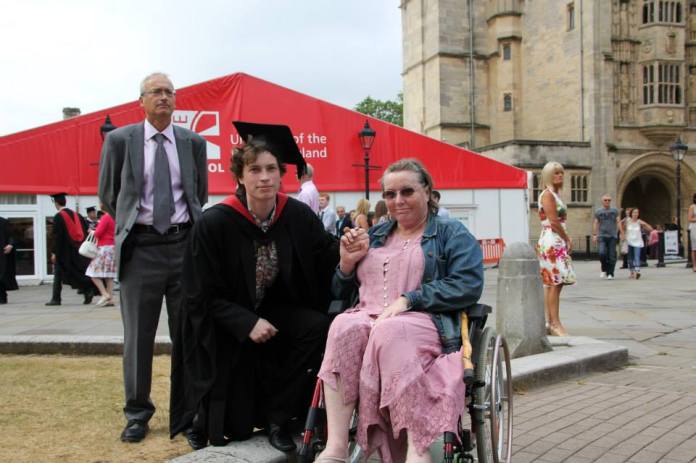
With my Mum and Dad (standing slightly awkwardly on the left) at graduation in 2013, a proud day with the people who supported me and got me there
This has left me with a lifelong desire to do what I can to redress some of the wrong and imbalances in our country, and to attempt to make things better for ordinary people. That’s the key reason I want to be a Councillor. To use the (limited) powers and influence of the position to do what I can to help people and to contribute to the creation of a more equal and sustainable society.
This would inform my priorities as a Councillor, where I would attempt to use the limited resources of local government to, as far as possible, oppose and mitigate the harmful influence of austerity (currently driving inequality), and its associated scapegoating of the most vulnerable in our society; and stand up for local people.
I’m one of the main organisers of the Bristol People’s Assembly, and spend most of my time in politics helping build up local resistance against austerity and cuts. A big part of this involves lobbying and pressuring councillors to vote a certain way in council meetings – predominantly against the cuts budget’s we’ve had passed onto us these last few years. Becoming a Councillor myself would help cut out the middle man.
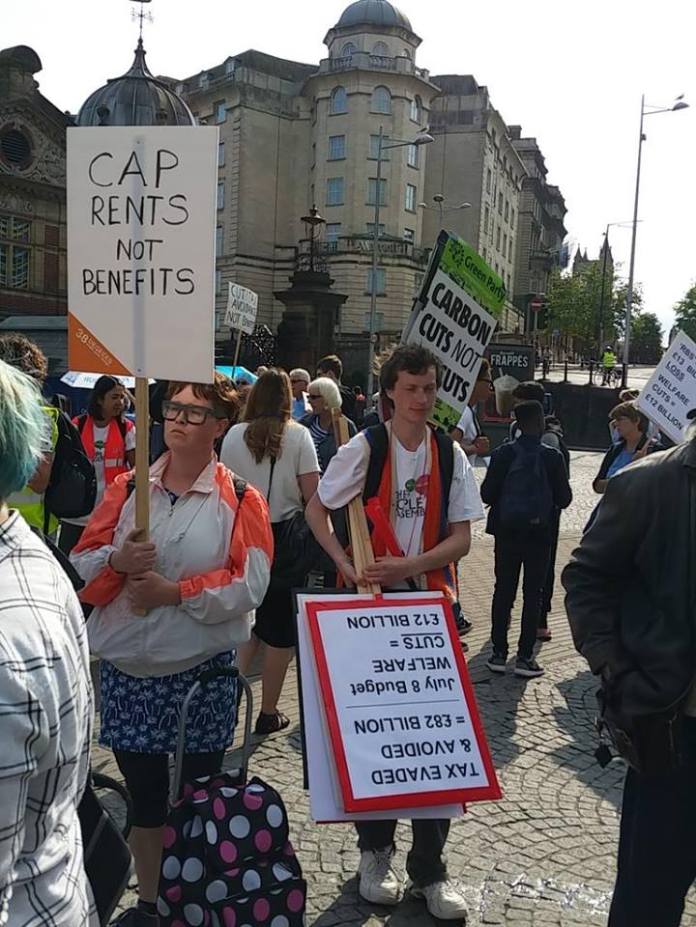
Me giving out placards at the start of the Bristol People’s Assembly protest against Osborne’s emergency budget last year (where £12 billion was cut from welfare as £12 billion was added to defence spending, and £83 billion of tax was simply uncollected)
On top of this, I was very alarmed to discover the average age of a councillor in the UK is 60. Young people like myself are often maligned for failing to engage in politics – especially local politics – and for not voting (acutely so in council elections). But is it any wonder when politics seems so remote from us, and our local representatives are unrelatable grey old predominantly white and predominately male politicians.
Whilst many of our elderly representative bring valuable expertise, and can be very sympathetic to our concerns, they can never truly understand what its like being young in austerity Britain. They’ve been saved from the current experience of being young, with the mountains of debt attached to trying to get an education; of having to live with your parents (or a house share) well into your adult years due to the impossibility of saving for a deposit and the astronomical cost of rent; of being told the value of your labour isn’t even worth the fake ‘Living Wage’ the Tory’s are brining in for the over 25s; the knowledge that we’ll probably live long enough to see the environmental disasters and climate change our elders have prepared for us; etc. I want to be elected to try and end the chronic under-representation of young people and put my generations concerns back on the agenda.
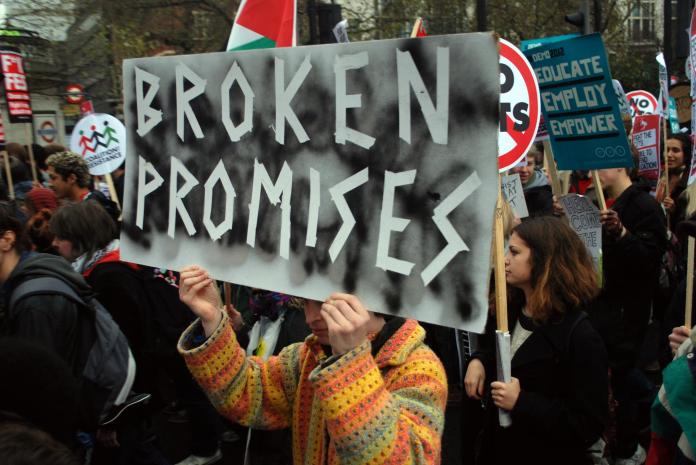
Me, at a student demonstration against fees and cuts in 2012, highlighting the Liberal Democrats broken promises that betrayed my generation and did so much to disillusion so many
For the last two and a bit years I’ve lived right on the border between Windmill Hill and Bedminster (next to Bedminster train station that oddly isn’t in Bedminster ward) and spend more time in the ward then I do in my own. Bedminster has a rich history, and is home to a vibrant community, with bustling high-streets of independent shops, business and fantastic pubs.
As well as being a welcoming and integral part of our city, Bedminster has its problems. There is poverty and deprivation throughout the ward. There are few parks and green open spaces. Public transport is extremely poor, nearby residents parking schemes have exacerbated endemic parking problems, and cycling provision is woefully inadequate Housing is also a central issue. We have a high percentage of people living in the private rented sector, many in insecurely rented and poorly maintained buildings at a very high cost.
Redevelopments can offer good opportunities, but without any provision for social or affordable homes they risk becoming the tools of gentrification that push up house prices and force out local people, many of whom have lived here for generations. This is exacerbated by the unscrupulous practices of letting agents like C. J. Hole who sparked outrage last year when they wrote to landlords encouraging them to switch to C. J. Hole to raise their rents (and C. J. Hole’s profits); and Taylor’s who use discriminatory practices to prevent people on benefits for renting homes (see petition: https://you.38degrees.org.uk/petitions/stop-discrimination-against-benefit-claimants ).
To tackle these problems Bedminster needs Councillors determined to take a stand and fight for the ward and its residents, and willing to work with the community and local campaigns. I will be such a Councillor.



